This content has been archived. It may no longer be relevant
There’s a coffee shop I always go to on the days I’m in the city.
It’s a spunky little hole in the wall of an art deco building, within spitting distance of about five other similar operations, and directly across the street from a particularly imposing behemoth of a Starbucks having more in common with the Death Star than a cosy café.
But despite all this potential for serious competition, our little coffee-shop-that-could is consistently abustle with loyal customers; huddling in growing numbers around its small servery window like wool-crepe-clad fanboys eagerly awaiting the launch of the latest i-Gizmo (and an ice latte with just a dash of hazelnut KTHNXBYE).
So what makes the fanboys come back time and time again? What makes us bypass the many other purveyors of percolation between our offices and this seemingly undistinctive option; blithely skipping past less expensive and more efficient alternatives along the way – and braving the gauntlet of suspicious puddles, acrid aromas, and those annoying backpackers with clipboards and UberEats vouchers who jump out in front of us like carnies in a Haunted House along the way?
Wouldn’t it be easier for everyone if we gave up what’s left of our self-esteem, and just went to that nice, clean DeathStarBucks™?
In a word: no. (And that’s a hard no.)
The reason for this, though, surprised me; somewhat revealing itself in an unlikely conversation I once had with a curmudgeonly colleague on the way back to the office from yet another pilgrimage. Particularly surprising since it had very little to do with coffee.
Desperate to fill the awkward silence of our accidental commingling, I asked him what he liked about this particular coffee shop.
“They know my name, they know my order, and I don’t have to talk to anyone.”
Whilst missing the point of his comment entirely (and continuing to nervously monologue about pastries or something), a few things occurred to me:
- This man is basically one flat Wammyburger away from going full Michael Douglas in Falling Down.
- Could it be that the shop’s success has more to do with behavioural economics, than it does this super awesome ice latte with just a dash of hazelnut?
- I really should have gotten that almond croissant.
In their stratospherically successful book, Nudge, Richard H. Thaler and Cass R. Sunstein deep dived into behavioural economics to examine how positive reinforcement and indirect suggestions can be used to reliably influence a person or group’s behaviour and decision-making. Thaler won a Nobel Prize for his work on what has become known as ‘nudge theory’; and Sunstein, a Holberg Prize (among other countless, knee-buckling accolades).
Could it be that the positive reinforcement of arriving at the coffee shop to a cheerful chorus of my own name subliminally influences my loyalty more than a stamped loyalty card (not to mention appeals to my lifelong dream of being subsumed into an ’80s sitcom)?
Author note: I once asked the owner of the shop if they had loyalty cards, and was met with the same heart-broken/offended expression my mother gives me whenever I ask to skip the weekly Sunday night dinner. Apparently when it comes to family and small coffee shops, there’s also a smidge of guilt that brings you back.
Could it also be the indirect suggestion of the barista grabbing the largest sized cup whenever a customer goes to order that subliminally pokes us into spending more once we’re in there – increasing our intended financial investment and, by extension, our emotional one?
To get to the bottom of my coffee cup conundrum (pun intended) I knew I’d need to go to the source and learn a little bit more about this ‘behavioural economics’ thing. So I sat down virtually with Nudge co-author and all-around legal legend Cass R. Sunstein, to explore this and very many existential wonderings.
What does the most cited legal scholar in the United States have to say about opting out of the justice system, the rise and fall of ABBA, Jan Brady, and of course, international career domination? Let’s find out.
- From the Holberg Prize, to the Whitehouse, Harvard, World Health Organisation, and the UN; to reshaping Western democracy as we know it and actively nudging positive change across the globe with Nobel Prize winners … to this interview (obviously the highlight, but I won’t hurt the UN’s feelings by making you say it). You are the OG legal superhero! Thank you for taking the time to speak to me. It’s an honour.
This is obviously the highlight! The dream come true! Finally! Thank you!
- Ok, so let’s get to it. Obviously a lawyer’s access to caffeine is at the heart of the justice system (and should therefore be exempt from retail nudgery IMHO). Though a professor of mine once said that justice – as the wider community sees it – doesn’t actually exist. Do you agree? If so, what does ‘justice’ mean to you?
There are many reasonable understandings of ‘justice’, but here’s one, rooted in the law: People have a right to be heard before they are deprived of life, liberty, or property. Of course there is a lot to say about that idea, and there are other reasonable understandings.
- In Nudge you advocate for influence over mandate. In that vein, do you think people should ever be able to ‘opt out’ of the legal system? Or is that a step too far?
Offhand, people should not be able to opt out of the legal system; for example, they should not be allowed to commit murder or to assault people. We could imagine narrower opt-out rights, for example, arbitration.
By the way, Nudge identifies set of tools that are not mandates, but Thaler [co-author of Nudge] and I agree that mandates have an important place in the legal system.
- As AI continues to disrupt the traditional model of legal services, is it time lawyers ditch the tasks more easily (and accurately) done by software, and spend more time in the higher cognitive space that is choice architecture; disseminating complex advice through the lenses of psychology, behavioural economics and design?
I am not sure I would put it that way, but it would be good for lawyers to know something about choice architecture. After all, they are choice architects.
- Damn, I was really hoping you’d say yes because then I would have felt really smart. Anyway you recently drew a well-and-truly retired Daniel Kahneman out of retirement to co-author the transformative tome, Noise; all about the unwanted and ubiquitous variability in human judgment. (Or as I like to call it, the Jan Brady of organisational dysfunction – rarely recognised and living in the shadow of bias, aka Marcia Brady. “Bias, Bias, Bias!”). What advice do you have for people within organisations that dismiss the importance – and impact – of Noise?
Poor Jan Brady! Poor Noise!
On the question: Get a grip? Okay, okay, maybe that’s not the most helpful advice. Dismissing the importance of noise is like dismissing high costs and acute unfairness, and we probably shouldn’t do that.
- Both Nudge and Noise have taught me (among other things) that the human brain is basically a big, squishy, unreliable, bias machine that is easily influenced by pretty much anything (including whether or not I’ve had my daily almond croissant). That’s a pretty unnerving realisation, and conversely, a powerful one. Did you ever wonder if some, less-than-admirable people might use your findings for less-than-admirable purposes? If so, what made you overcome that reservation and keep going for the greater good?
Sure, I worry about misuse of nudging in particular. But nudging is inevitable, and it’s good to understand it. We wouldn’t want people not to write about subsidies, taxes, and bans on the ground that all of these might be misused.
I am keenly interested these days in the misuses of nudging, and in manipulation, and am spending a great deal of time on that topic.
- Ooh sounds like a Nudge sequel might be in the works… Ok, free life advice time! What is the best piece of advice that you ever received?
Get Drunk, by Baudelaire. (Read the poem. It’s not about alcohol, or at least not necessarily about alcohol.)
- What is the worst piece of advice you ever received?
“Things happen for a reason.”
- Some people are all about engaging their core; I’m more about engaging my cringe. What is the most awkward conversation you’ve ever had?
I once sat next to Senator Mitch McConnell on a one-hour plane ride, while I was working for President Obama, and while I was happy to be sitting next to him, and while he was certainly polite, I don’t know that he particularly loved that? So: A-w-k-w-a-r-d.
- So you are married to another global superhero, Samantha Power (incidentally a great superhero name). What advice do you have for people who want to ‘have it all’ – the family and the international career domination?
Oh gosh. I just walked our two dogs (Finley and Snow, Labrador Retrievers; both did poop, you’ll be thrilled and relieved to know), and saw my 12-year-old son asleep and bleary on the couch, and the words “international career domination” aren’t exactly resonating.
- I’m working on a theory that instead of Terminators, Skynet periodically sends ABBA back in time to slowly – but surely – destroy humankind by way of steady overexposure to GOLD: ABBA’s Greatest Hits. Thoughts?
Possibly so, but Bob Dylan and Taylor Swift were created specifically in order to save humanity from that particular threat.
Taylor Swift? Oh well, I guess no one’s perfect.



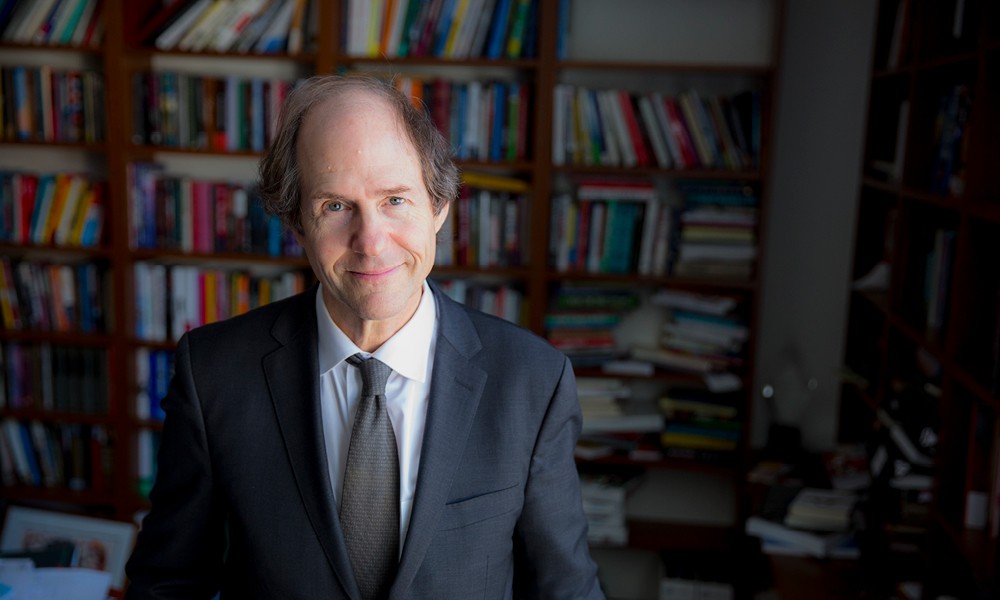
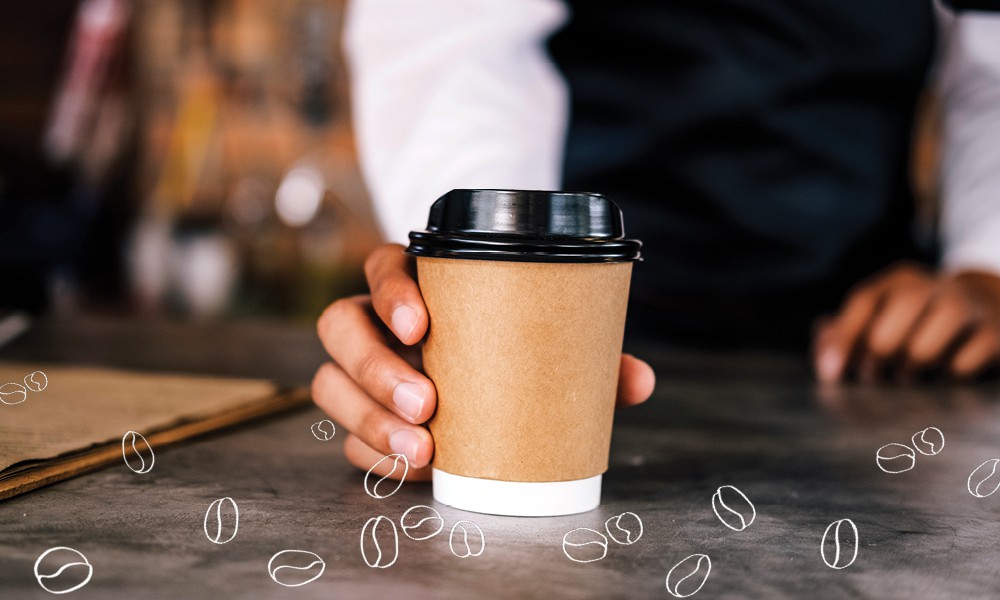
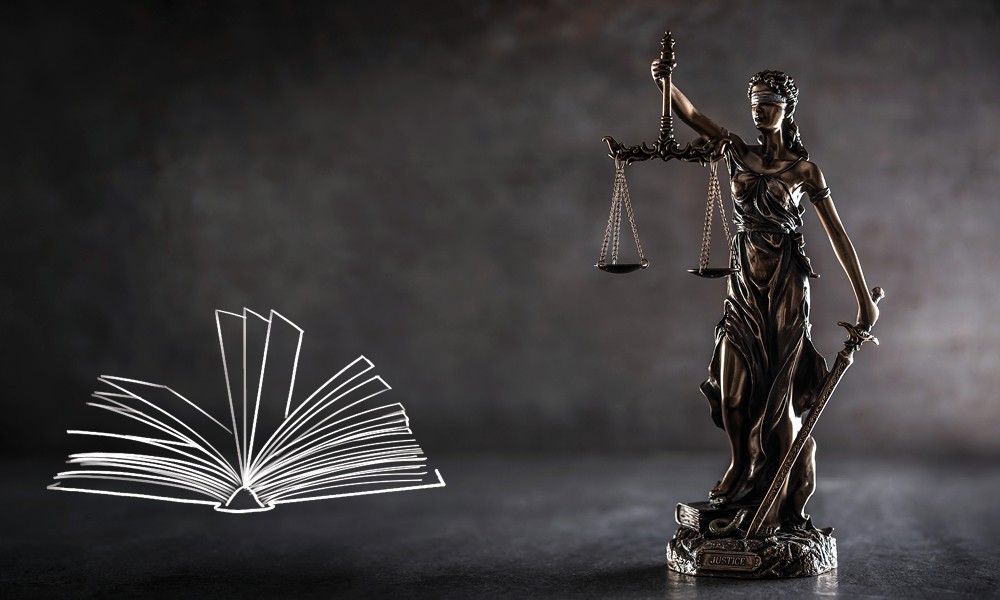


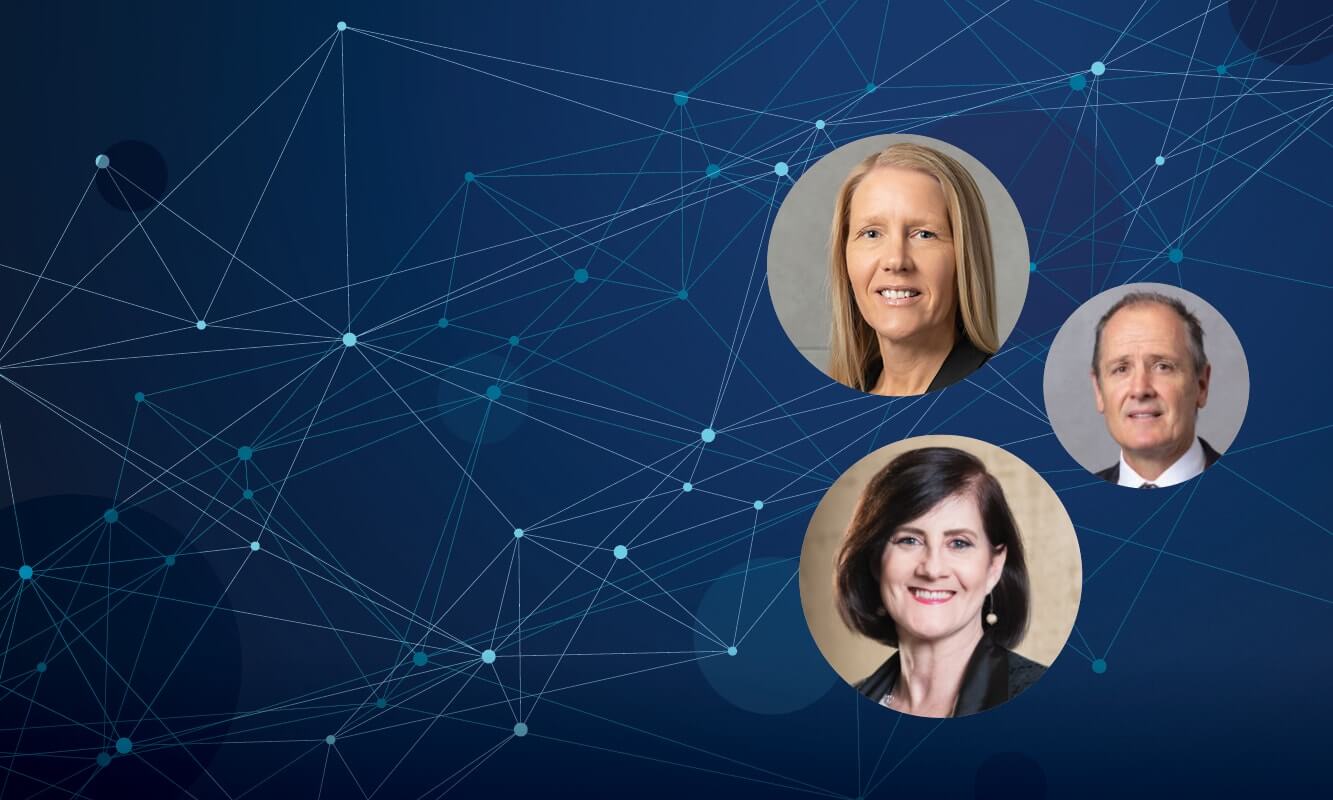

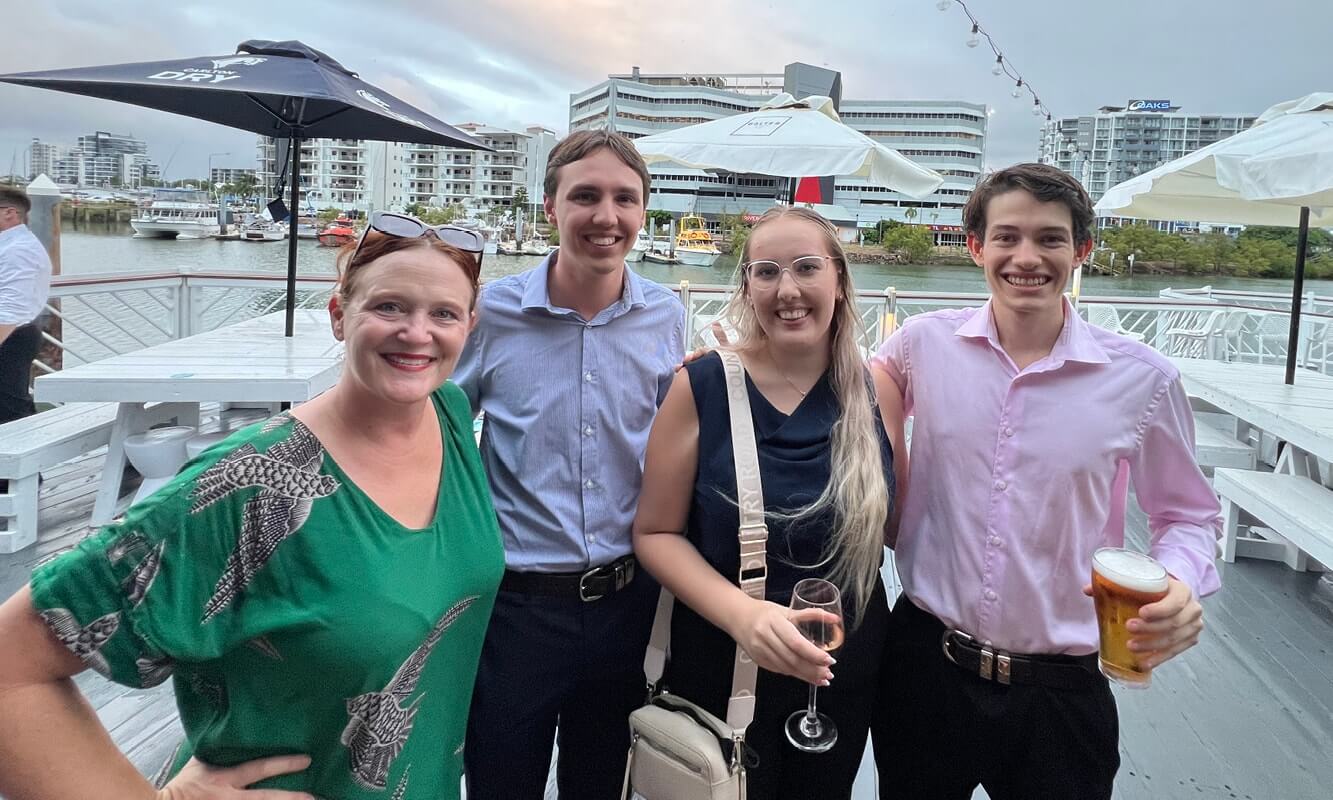
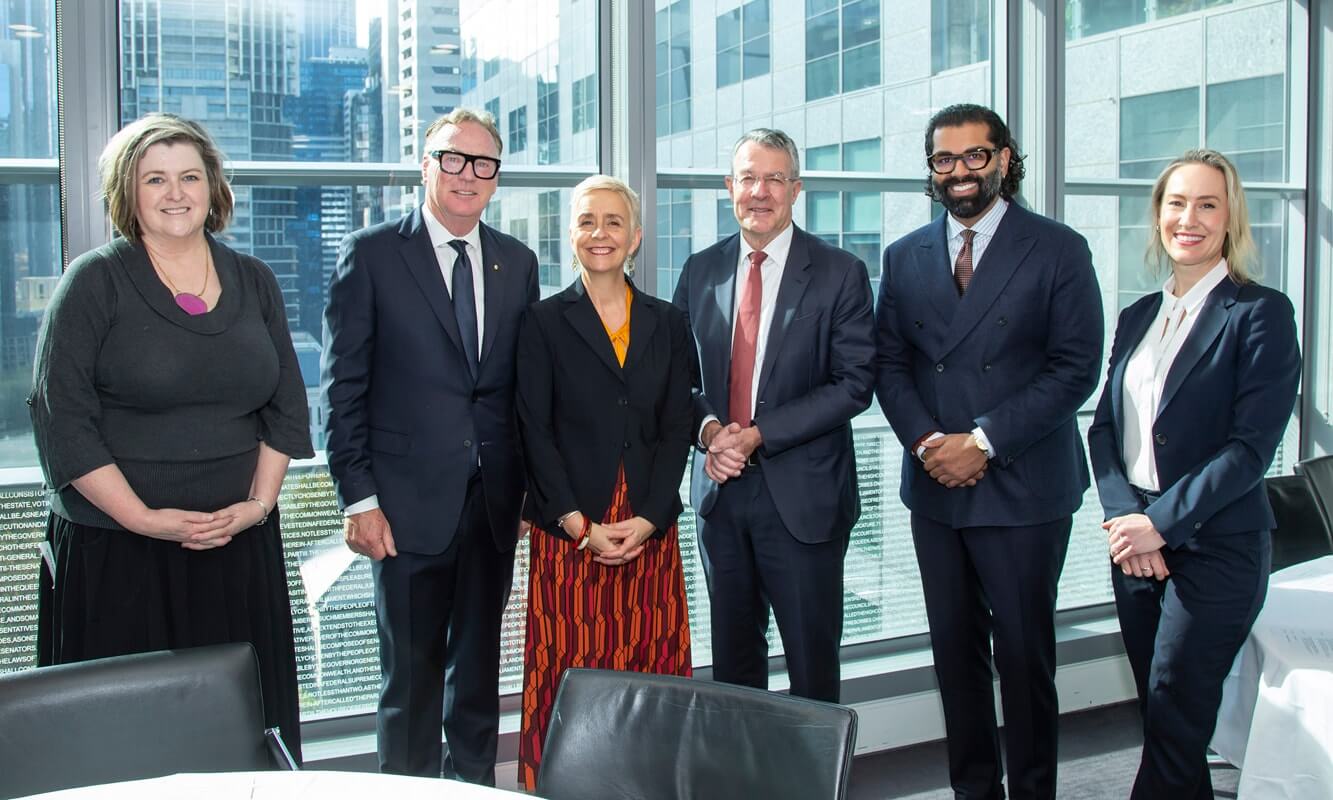

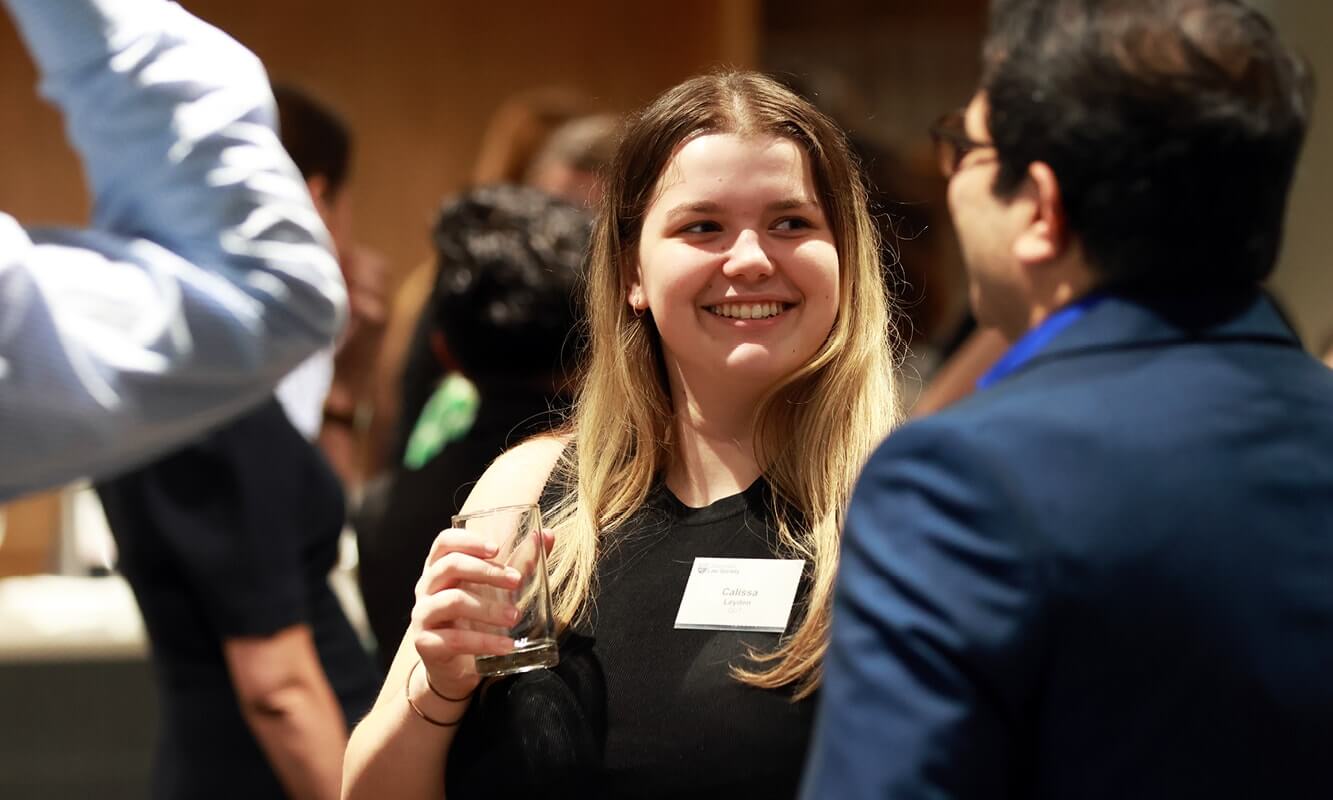

Share this article